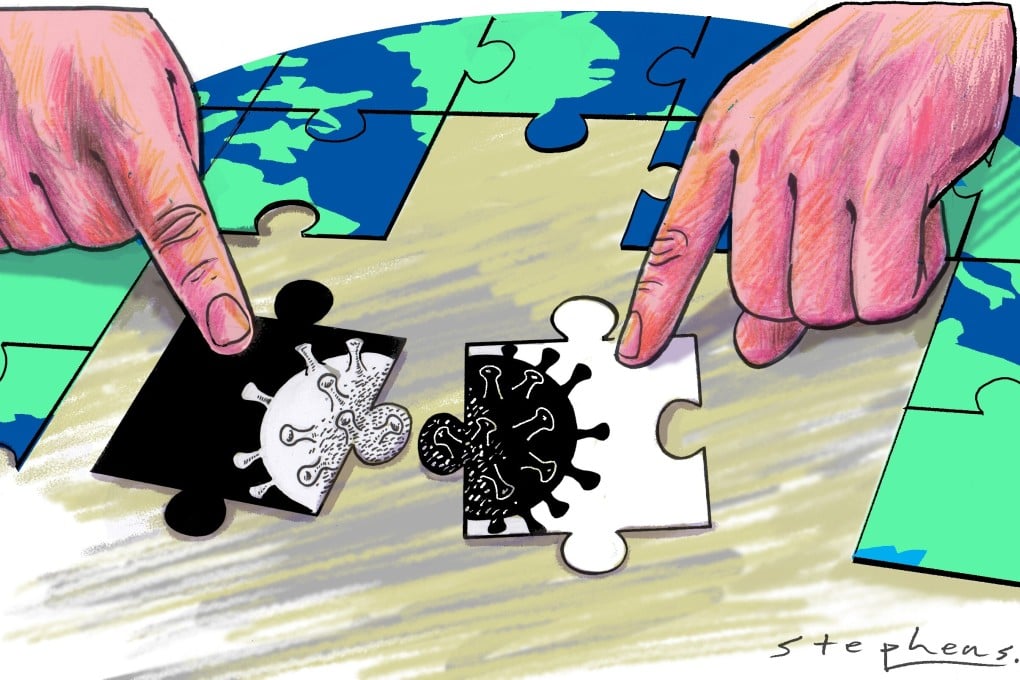Opinion | As borders reopen, Asia’s ‘zero-Covid’ economies need to start puzzling it out
- To rejoin the world, they will have to ditch their zero-infection policy, accept greater risks and disruptions, and persuade people to accept more surveillance
- Where government legitimacy is linked to virus eradication, this will be undermined. Here in Hong Kong, a conversation about all this needs to begin and soon

The pandemic has split the world into two camps. One camp – represented by mainland China, Hong Kong, Taiwan, Australia and New Zealand – is pursuing a policy of Covid-19 eradication. This is their definition of success: zero or close to zero cases.
The other camp – made up of most other countries – is trying to manage the pandemic: balancing economic and social demands against health necessities. For this camp, there is an acceptance that they will not be able to eradicate the virus though they aim to minimise its harm.
While eradicating the virus would have been the optimal strategy, this is one area where the dominant practice – rather than the best practice – becomes the norm.
The gap between these two approaches creates a threefold challenge for those in the first camp, especially as they seek to reopen their borders and return to a “new normal”. First, it implies that governments and their populations will have to accept disruptions as a standard in social and economic behaviour.
If borders are open to trade and travel, then the virus will be transmitted along those routes as well. This implies that the world is looking at suboptimal performance. We are not returning to a Covid-19-free world, unless a vaccine is found that comprehensively protects against the virus and its variants (as happened with polio).

04:12
What do we know so far about the Covid-19 variants?
